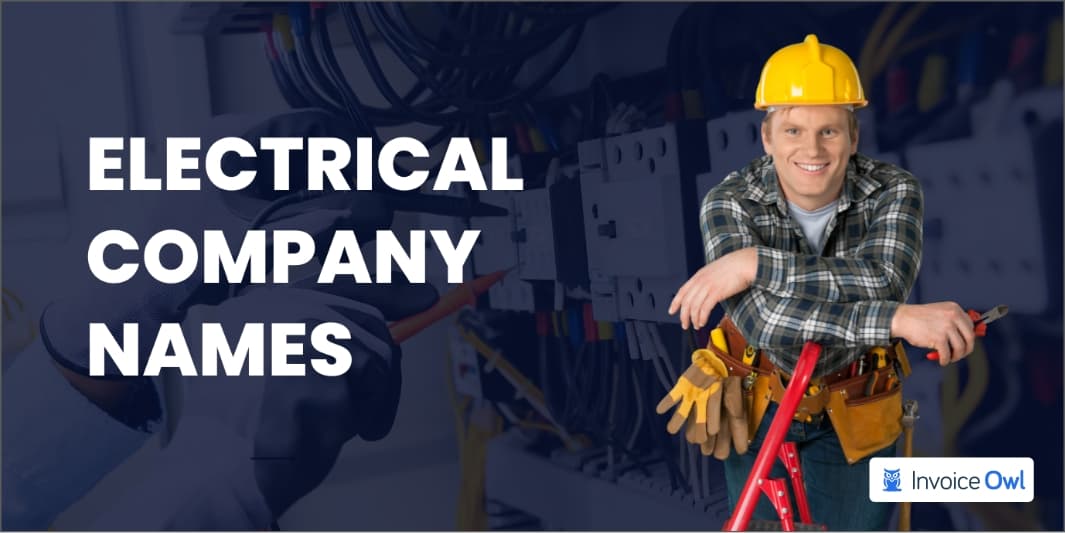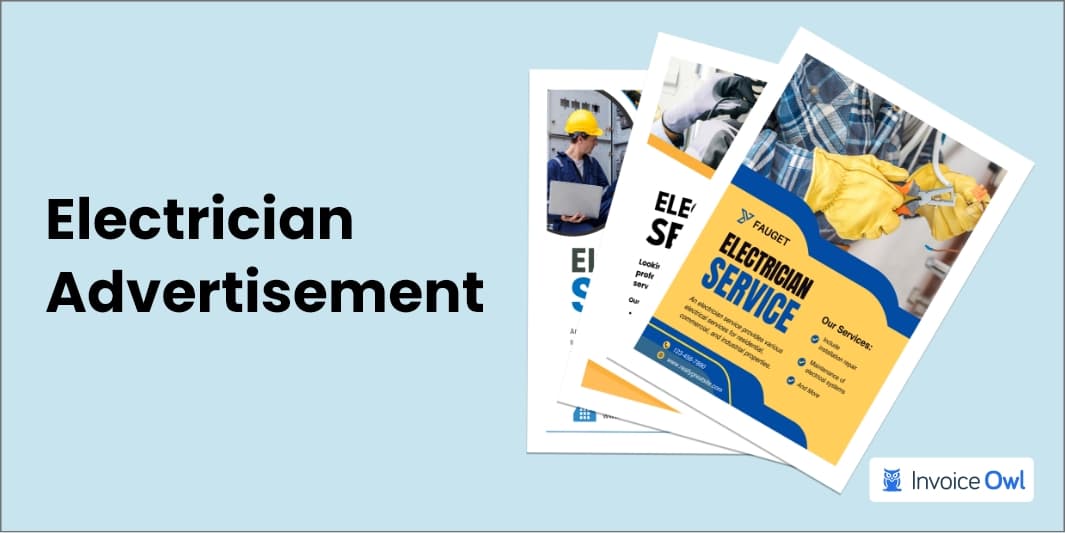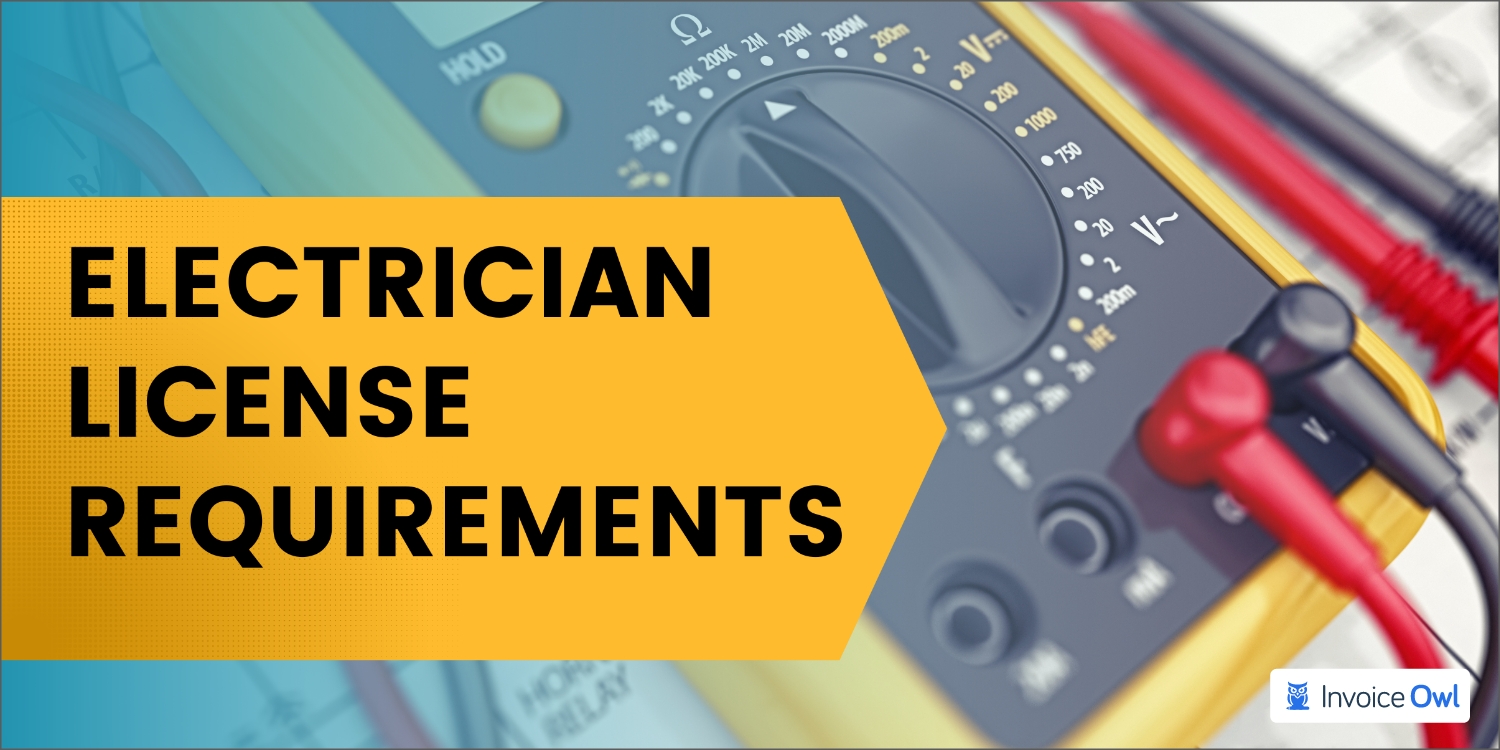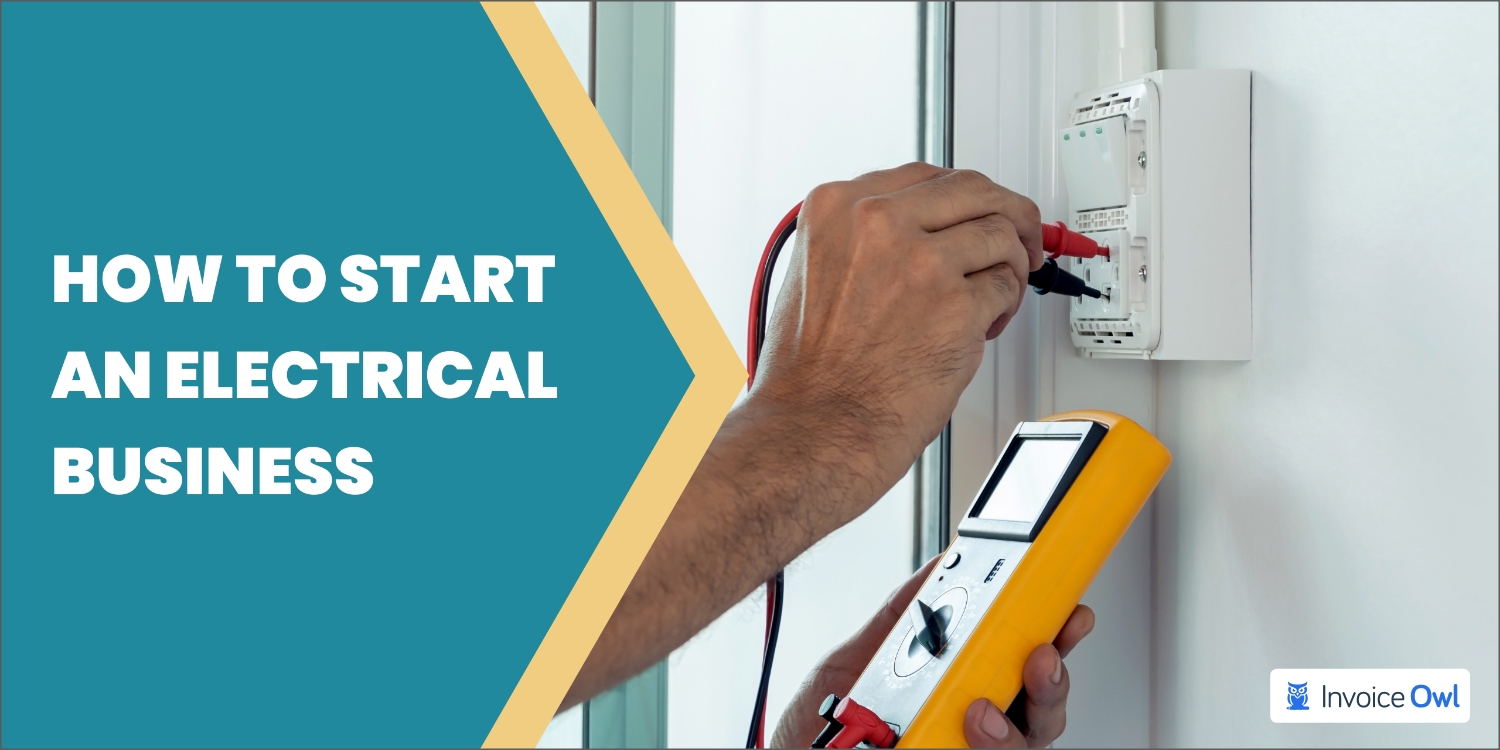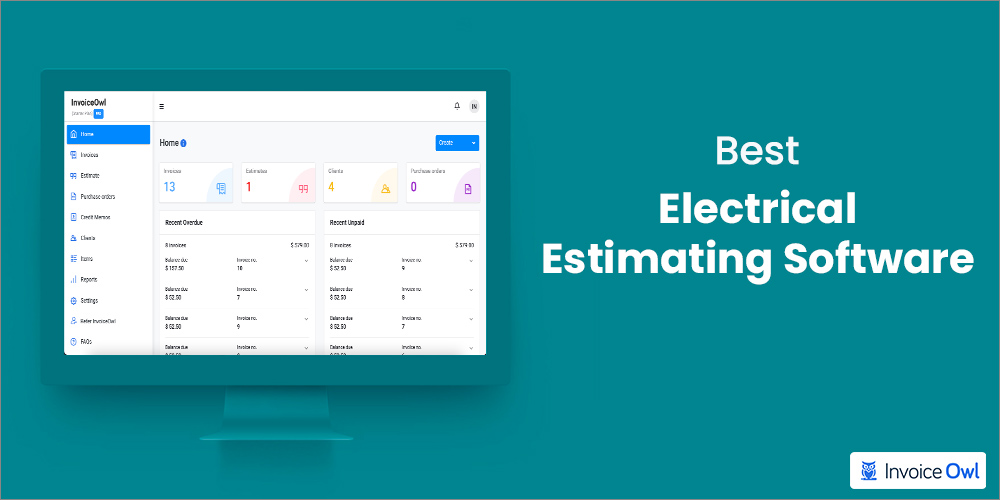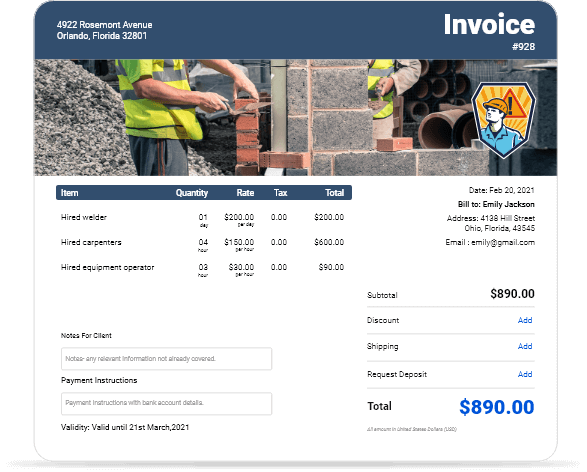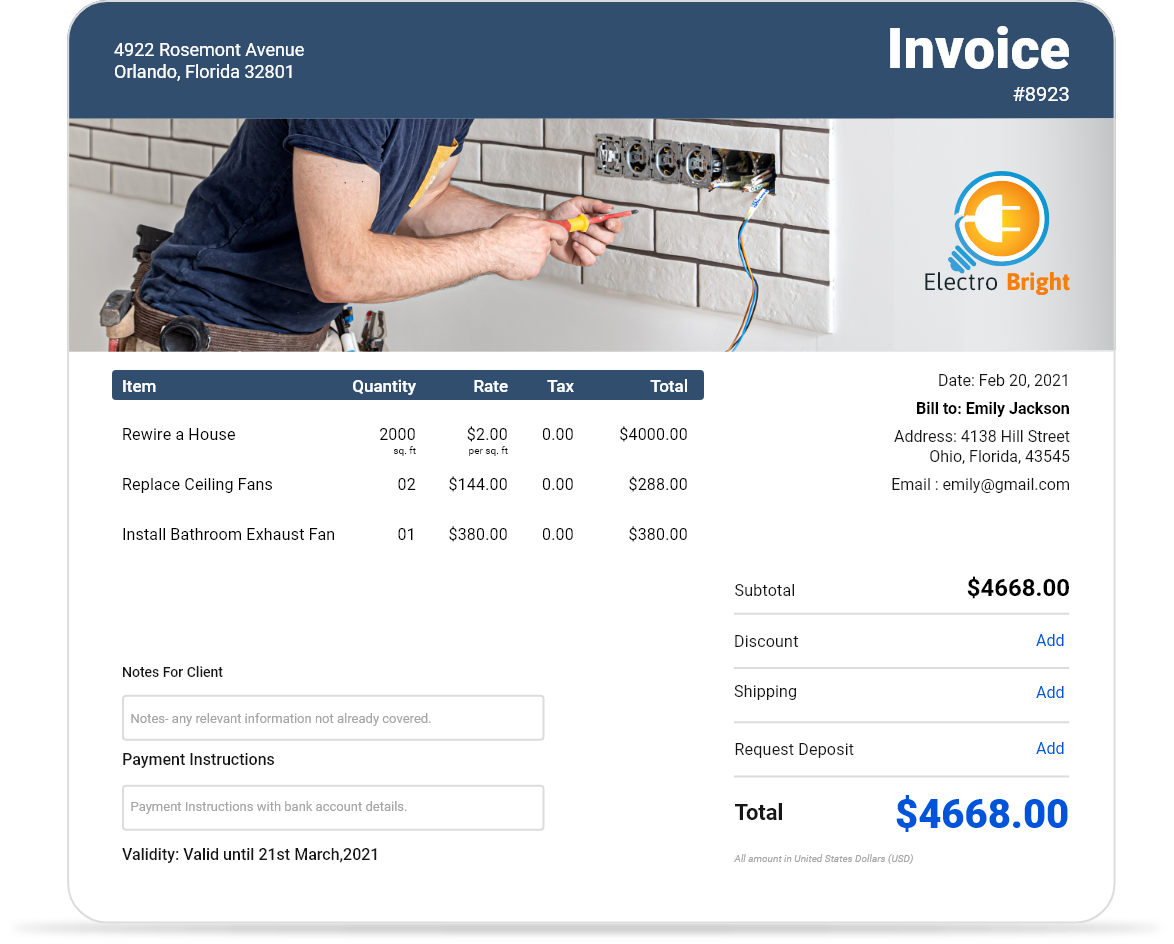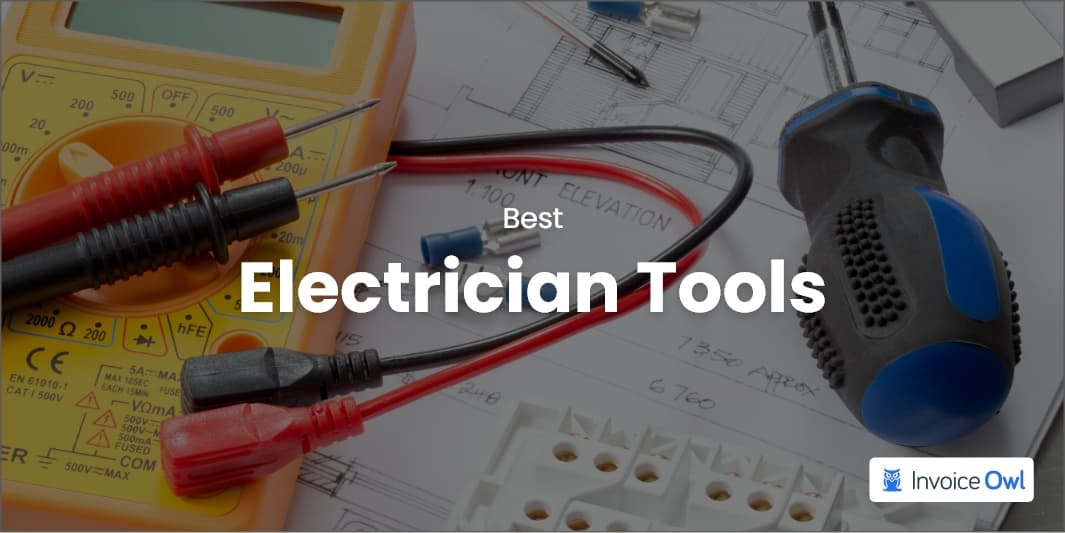
Key Takeaways
- 01You need a combination of hand tools, power tools, testing equipment, safety gear, and accessories to be an effective electrician
- 02Prioritize quality and functionality over price when choosing tools and gear
- 03Keep your tools and accessories organized to increase efficiency and productivity on the job
- 04Regularly maintain and clean your tools to extend their lifespan and ensure they work effectively
Attention electricians! Do you have the essential electrician tools to get the utmost efficiency at the job? Are you missing out on projects due to a lack of proper equipment in your arsenal?
Then, you are at the right place to empower yourself and your team with the best electrician tools.
Here we will show you 20 essential tools professional electricians absolutely must invest in. Why? Because, as Steve Jobs said it very correctly:
"You cannot mandate productivity, you must provide the tools to let people become their best."
So let's start with the hand tools.
Table of Content
- 5 Hand Tools: The Essential Must-Haves for Electricians
- 4 Power Tools: The Heavy-Duty Helpers for Electricians
- 2 Measuring Tools: To Get Accuracy in Your Measurements
- 3 Testing Equipment: Ensuring Electrical Safety and Functionality
- 3 Safety Gear: Protecting Electricians from Hazards
- 3 Accessories and Storage: Organizing and Protecting Electrician's Tools
- FAQs
- Conclusion
5 Hand Tools: The Essential Must-Haves for Electricians
These aren't electrical tools and, as the name suggests, are powered by hands. Even though these are the most basic tools, it is hard for an electrician to live without them. Here are they:
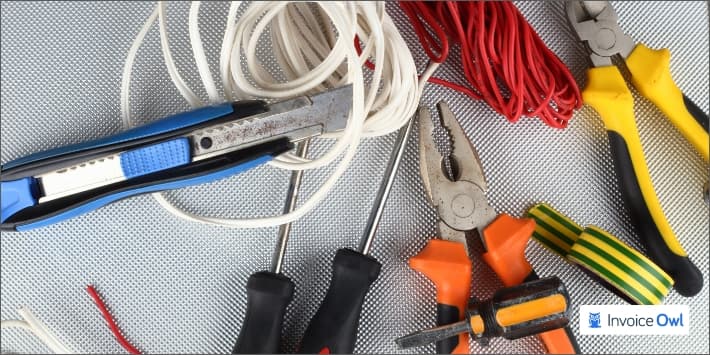
1. Pliers: The go-to tool for gripping and cutting
Pliers are versatile tools that come in different shapes and sizes, each designed for a specific task.
Electricians often use needle-nose pliers for precision work, such as bending wires and holding small electrical components in place. Side-cutting pliers, on the other hand, are ideal for cutting wires and cables cleanly and quickly.
Some other types of pliers electricians use are:
- Lineman's pliers: Used for gripping, twisting, and cutting wires.
- Needle-nose pliers: Used for grasping and bending small wires or reaching into tight spaces.
- Diagonal cutting pliers: Used for cutting wires close to the surface, flush with the surface, or to pull wires through tight spaces.
- Tongue-and-groove pliers: Used for gripping and turning nuts, bolts, and fittings.
- Slip joint pliers: Used for gripping and holding objects of various sizes.
- Locking pliers: Used for holding and clamping objects in place.
2. Wire strippers: the perfect tool for removing insulation
Wire strippers are essential for any electrical job that involves working with wires. They allow you to quickly and easily remove the insulation from wires without damaging the conductor.
Look for wire strippers with sharp cutting edges and comfortable handles for extended use.
3. Screwdrivers: The classic tool for tightening and loosening screws
No electrician's toolbox is complete without a set of screwdrivers. They come in different types and sizes, with flathead and Phillips-head being the most common.
Electricians typically use them to tighten and loosen screws on electrical panels, switches, and outlets.
To make a better purchase, screwdrivers with magnetic tips provide easier handling.
4. Cutters: The essential tool for precision cutting
Cutters are another type of plier designed for the precision cutting of wires, cables, and other materials.
Diagonal cutters and cable cutters are the most commonly used types of cutters. However, when buying any cutter, the ideal ones are the cutters with sharp blades that can handle various materials.
5. Electrical tape
Electrical tape is a type of adhesive tape that is specifically designed for electrical applications. It is made of plastic and is highly resistant to heat, cold, moisture, and various chemicals.
Electrical contractors use it to insulate electrical wires and prevent electrical shocks and short circuits. It is also used for bundling wires and marking them for identification.
4 Power Tools: The Heavy-Duty Helpers for Electricians
These tools can make tough jobs easier and faster, helping you to complete your tasks quickly and with less effort. Here are some of the essential power tools for electricians:
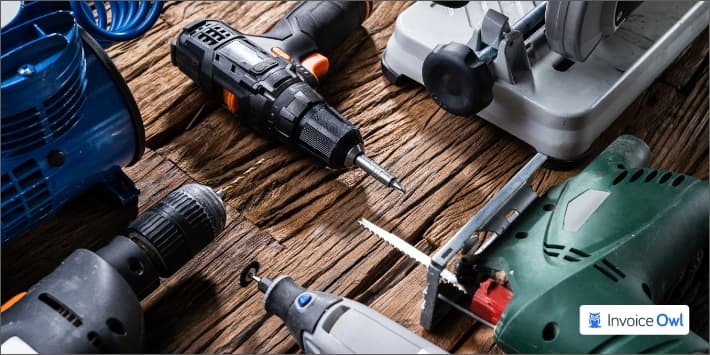
1. Drills: The versatile tool for drilling and driving
Drills are one of the most versatile power tools. They can be used for drilling holes and driving screws into different materials, such as wood, metal, and concrete.
2. Impact drivers: The heavy-duty tool for tough jobs
Impact drivers are designed for heavy-duty jobs that require high torque and power. They are ideal for driving large screws and bolts into tough materials, such as hardwood and metal.
3. Saws: The precision tool for cutting and trimming
Saws are essential for cutting and trimming materials such as wood, metal, and plastic. You can use saws to make precise cuts in conduit, tubing, and other materials.
4. Grinders: The tool for grinding, sanding, and polishing
Grinders are versatile tools that can be used for grinding, sanding, and polishing various surfaces. They are ideal for shaping and smoothing metal surfaces and removing rust and debris.
2 Measuring Tools: To Get Accuracy in Your Measurements
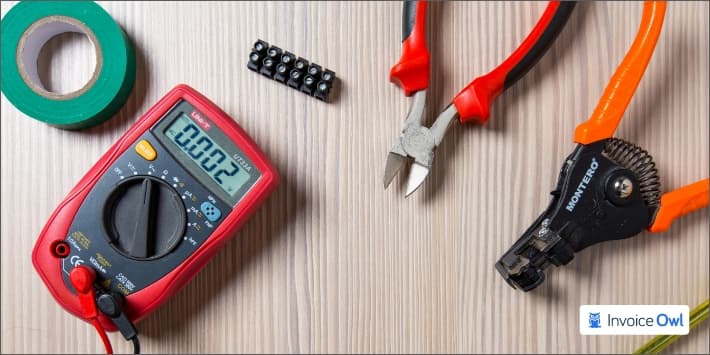
Electricians rely on various measuring tools to ensure accurate and safe electrical work. Thus, here are some common measuring tools that will be helpful to you:
1. Tape measure: A tool for precise measurements of lengths
Tape measures allow for accurate measurements of wire, conduit, and other materials, making it easier to plan and execute electrical installations.
Some tape measures also have additional features like a lock to hold the blade in place or a magnet to attach to metal surfaces.
2. Laser distance meter: Quickly calculate the distance between 2 points
A laser distance meter is used to measure the distance between two points accurately. Electricians use laser distance meters to:
- Measure the dimensions of a room
- Calculate wire lengths
- Determine the placement of fixtures and devices
Recommended: How to Estimate Electrical Work
3 Testing Equipment: Ensuring Electrical Safety and Functionality
Without the proper testing equipment, you cannot accurately diagnose problems or verify that repairs have been made correctly. So here is some essential testing equipment for you:
1. Multimeters: The all-in-one testing tool
A multimeter is a digital or analog tool that can measure several electrical properties like voltage, current, and resistance.
It is an essential tool for troubleshooting electrical problems and ensuring the proper functioning of electrical circuits and devices.
2. Voltage testers: The quick and easy tool for detecting voltage
How can you determine whether an electrical circuit is live or not? That's where a voltage tester comes in.
It is a handheld device with a metal contact point that is placed against an electrical conductor or outlet to detect the presence of voltage.
There are non-contact testers as well that can detect voltage without touching the conductor.
Always use voltage testers before working on any electrical circuit to ensure it's not live. This simple step can prevent serious electrical shocks and save lives.
3. Circuit Tracers: The tool for identifying circuit breakers and wires
It is a handheld device that sends a signal through the circuit, which is then traced using a receiver. Circuit tracers can be used for a variety of purposes, such as:
- Identifying broken circuits
- Detecting short circuits
- Verifying circuit continuity
3 Safety Gear: Protecting Electricians from Hazards
Working with electricity is hazardous. Thus, electrical contractors must protect themselves and their workers from potential dangers like electrical shocks, burns, and other hazards. So here are some essential safety gear for electricians:
1. Gloves: The primary protection against electrical shocks
Gloves are the primary protection against electrical shocks for electricians. They are essential for working with live wires and electrical equipment.
Gloves made of rubber or vinyl are ideal for you to protect yourself against electrical shocks.
2. Safety glasses: The protection for eyes and vision
Safety glasses are essential for protecting your eyes from potential hazards such as flying debris, sparks, or arc flashes.
Safety glasses with anti-fogging and scratch-resistant features are the best to get maximum protection and durability.
3. Hard hats: The protection for the head
Hard hats are essential for protecting your head from accidents like falling objects or electrical shocks. Thus, look for hard hats that meet ANSI standards and have shock-absorbing features.
Never compromise on safety gear. Electrical work involves serious hazards, and proper protective equipment can be the difference between a safe workday and a life-threatening accident.
3 Accessories and Storage: Organizing and Protecting Electrician's Tools
It isn't enough to just buy tools. You also need to take care of storing and protecting them well. So with these accessories and storage options, you can keep your tools organized and protected:
1. Tool Boxes: The ideal storage solution
A tool box is ideal for storing and transporting your electrical tools. They come in different sizes and designs, such as backpacks, shoulder bags, and tote bags.
2. Pouches: The convenient option for small tools
Pouches are a convenient option for storing small tools such as screwdrivers, pliers, and wire strippers. They can attach to tool belts or bags, making them easily accessible.
3. Belts: The comfortable option for carrying tools
An electrician's tool belt is a comfortable option for carrying tools, especially for electricians who like to keep their hands free while working. They come in various designs, such as waist belts and suspender belts.
Conclusion
The quality of the toolset you use determines the quality of your services as well to a huge extent. Thus, purchasing proper tools isn't an expense, but an investment.
Of course, you don't have to break the bank to get them. Start with buying the electrician tool set we have suggested here and you are good to go.
Solve Your Invoicing Hassles With InvoiceOwl
Just as electrician tools help you be efficient in what you do, our invoicing solution eases your invoicing process. Create professional invoices, track payments, and manage your electrical business with ease.
Start Your FREE TrialFrequently Asked Questions
Yes, both hand tools and power tools are necessary for electrical work. Hand tools are essential for tasks that require precision. Whereas power tools are ideal for larger projects that require more power and speed.
Not necessarily. While expensive tools may offer more advanced features and durability, there are also many affordable options you can go for that offer good quality and can get the job done effectively.
No. Regular safety gear is not suitable for electrical work. Electricians require specialized safety gear that is specifically designed to protect them against electrical hazards.
When buying testing equipment, you must look for features such as accuracy, reliability, and ease of use. Consider the type of testing equipment you need and ensure that it meets industry standards and regulations.
Any business can be quite daunting at first to start. Thus, we have created a step-by-step guide to help you start your electrical business. If you are yet to finalize your name yet, then check out our blog with 101 unique naming ideas for an electrical company.

